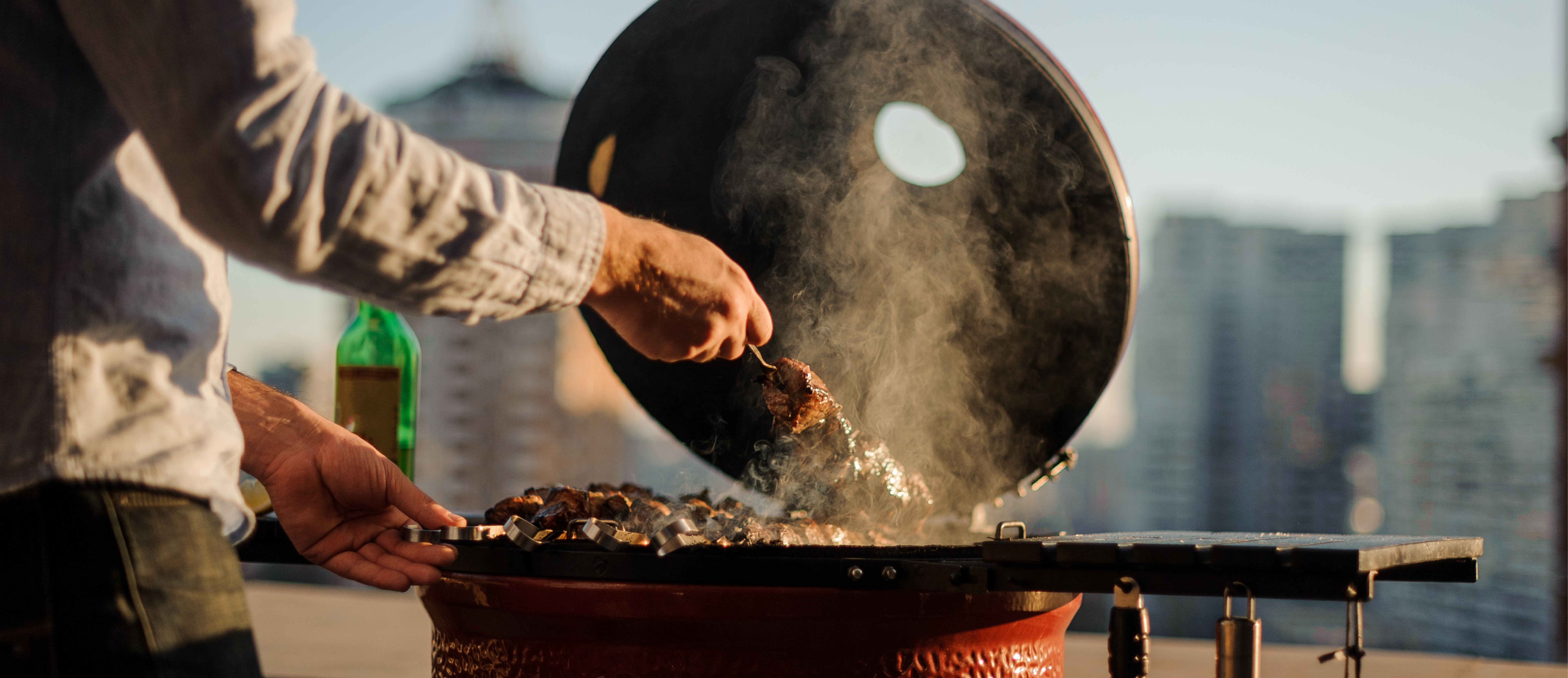Dimple Patel, Claims Code Executive at Lockton Global Real Estate and Construction, discusses the claims risks associated with inappropriate barbecues on balconies and gives advice to landlords and managing agents on how to handle the risks.
As the weather gets warmer, the idea of having a barbecue seems increasingly appealing. But it’s important to understand that, while having a barbecue in a back garden may be a great idea, barbecuing on a balcony really isn’t. Quite a few fires have started that way.
If people living in flats don’t use or dispose of barbecues with due care and attention, the results can be devastating. There are currently no regulations in the UK banning the use
of barbecues on balconies. But organisations like the London Fire Brigade strongly advise against.
For that matter, most lease agreements prohibit the use of barbecues on flat balconies, and it is imperative that tenants and leaseholders understand this. Aside from the fire risk, bringing a barbecue indoors after use also poses a more insidious danger. Even a seemingly burned
out barbecue can still produce carbon monoxide fumes for several hours longer.
One of our clients recently had to step in to support some of the residents in their ten-storey building affected by a fire started by a fellow tenant who left a barbecue unattended
on their balcony.
Damage resulting from the blaze left parts of the building’s eight and ninth floors structurally compromised to the extent that it was deemed unsafe for residents to continue living there.
With £200,000 already spent on alternative accommodation, a further £200,000 has since been reserved to cover an extended need for alternative accommodation. The total
value of the claim is likely to end up close to £2m.
Fortunately, the loss adjusting company hand-picked to manage the client’s claim needs, has provided tremendous support, progressing each stage of the necessary remedial works as quickly as possible, and making sure all parties receive regular and comprehensive updates.
As the claim progressed, we found that, not only had the fabric of the building been affected, but there was also smoke damage to the contents of some leaseholders and tenants’ flats. This raised the question of whether their contents insurance would respond.
It is a common assumption that a buildings policy will also cover the contents of residents’ flats, but this isn’t always the case. Unfortunately for the residents of the affected flats, they did not have contents insurance cover. One might assume that there must be some way for tenants and leaseholders to receive compensation for damage that was clearly not their fault.
But, in practice, not all claims for this type of damage can be compensated, particularly when the appropriate insurance cover is not in place.
In theory, there remains the possibility of pursuing the tenant who caused the fire. But, in this case, a subrogation waiver in the contract meant that any attempt by the insurer
to pursue a recovery against the tenant would inevitably be unsuccessful.
All of this underlines the crucial importance of landlords and managing agents doing everything they possibly can to ensure residents read and understand the terms of their
leases. It also highlights the need to carry out regular inspections to mitigate the risk of costly incidents arising as a result of inappropriate barbecuing.

